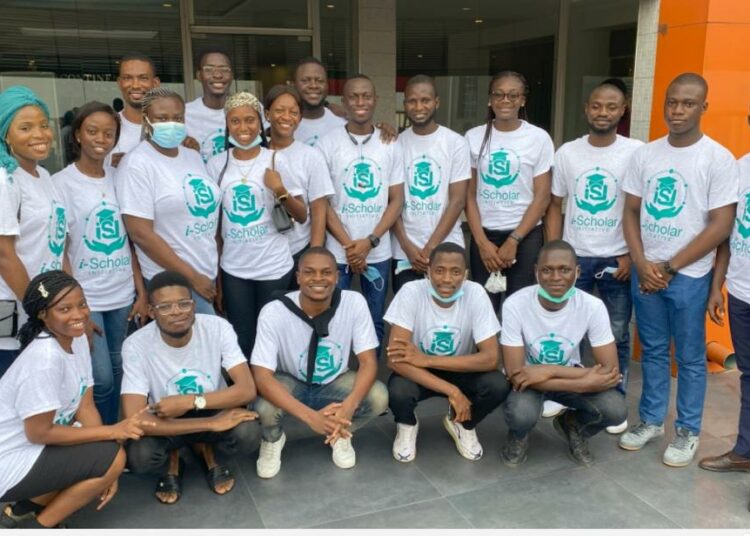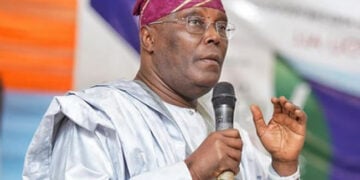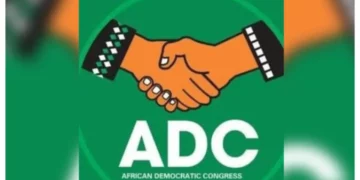A non-governmental organisation, i-Scholars Initiative (iSI), has restated its resolve to empower Africa’s youth for leadership through global education and strategic investment in talent.
Speaking at the 2025 iScholars onboarding event of 100 scholars under the theme: “Expanding Pipeline of Change Agents to Transform Africa”, iSI President, Victor Ogunmola, stressed the urgency of bridging opportunity gaps through education, scholarship that will foster knowledge transfer and growth.
He said, “We recognise annually that numerous brilliant Nigerians possess the calibre to gain admission to elite global universities.
“Across Nigeria and Africa, immense talent exists that requires support; we are actively bridging this critical gap as our mission is fueled by the conviction that talent is universal, but opportunity is not.”
He opined that many brilliant Nigerians have the academic strength for top global universities but were shut out by high costs.
“Standardised tests, application fees, and visa costs create formidable barriers. It is precisely in these areas that we concentrate our intentional and strategic investments,” he noted.
Through iSI, underserved students receive funding for key exams such as the GRE, GMAT, IELTS, and TOEFL. The initiative also provides comprehensive support—mentorship for graduate school applications, visa processes, and access to a global alumni network of past iScholars.
Since its founding in 2019, iSI has facilitated access to over $45 million in scholarship value, directly impacting more than 450 scholars.
Also speaking, iSI partner, Patricia Ochogbu, said Africa’s global competitiveness depends on investing in human capital both locally and abroad. “Global transformation consistently stems from nations strategically investing in talent,” she stated.
Ochogbu pointed to models from countries like Morocco, Saudi Arabia, Uruguay, and China, where foreign education drives innovation and development. “We must adapt these strategies to our African realities to avoid marginalisation,” she warned while acknowledging that foreign education fosters knowledge transfer, international best practices, and globally competitive skills.
she added. “These include fuel economic diversification, technological advancement, and institutional growth.”











